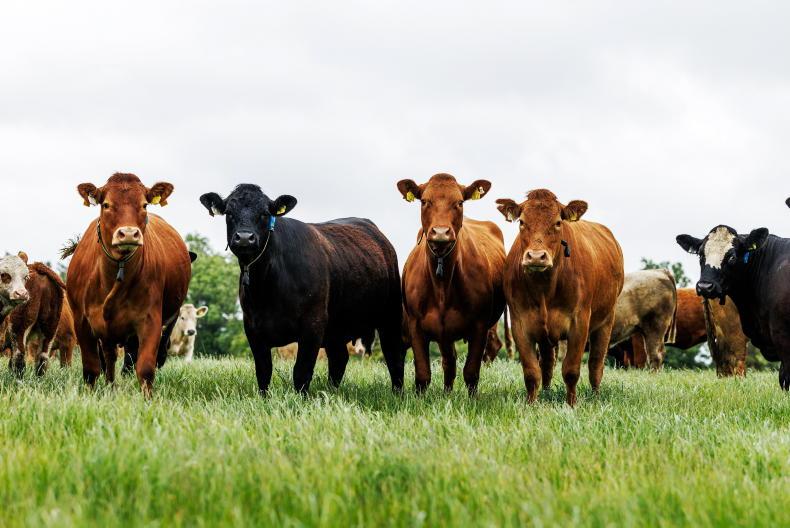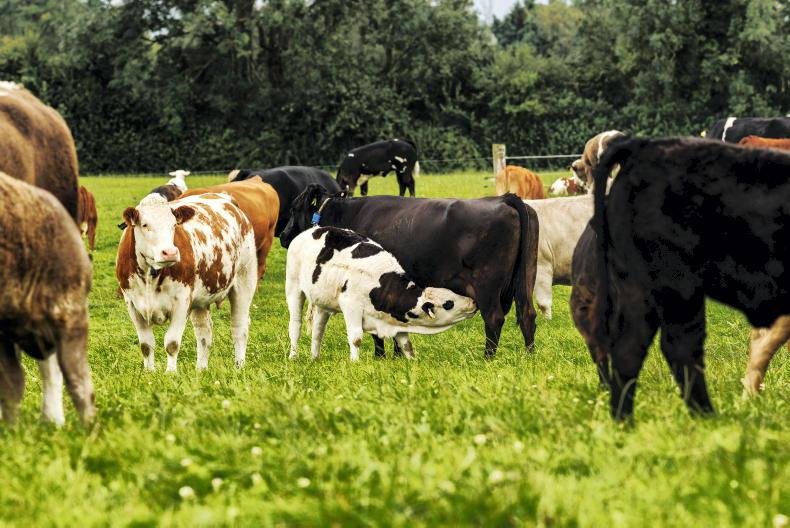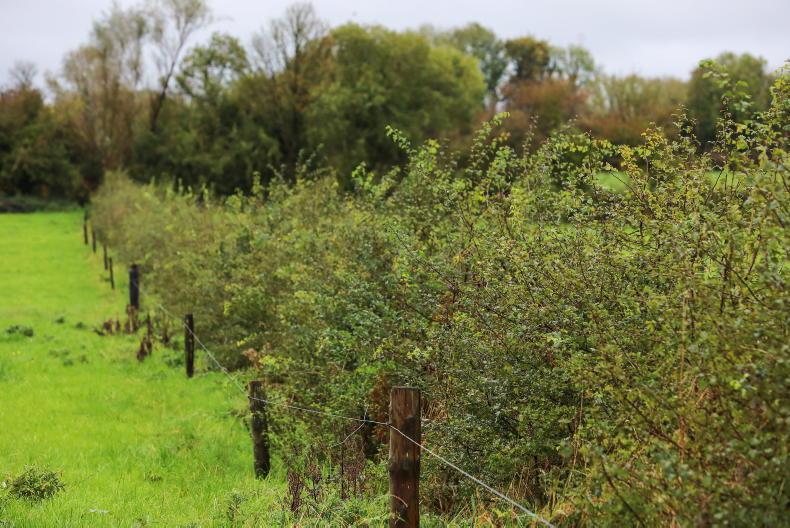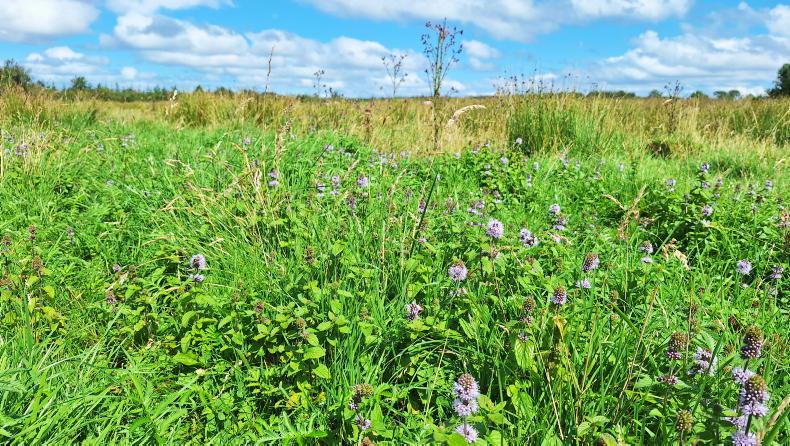The average results-based payment issued to farmers participating in the FarmPEAT project was €187/ha over the first year of the pilot scheme, with more cash set to hit farmers’ accounts over the coming months.
Farmers received an average payment of over €2,110 for participating in the first stage of the midlands European Innovation Partnership (EIP) where fields were scored and payments based off the nature value determined over these assessments.
Some farmers in the scheme have received in excess of €6,000 for their fields’ scores and no farm has received less than €800 for participation.
Additional funds will be paid to farmers carrying out environmental measures over the next year, the project team told the Irish Farmers Journal, which will top up their results-based payment.
Some 14 new farmers have been accepted into the pilot in recent weeks, FarmPEAT has confirmed. The scheme began last year with 36 farmer participants.
Extra payment
Project manager Caroline Lalor explained to the Irish Farmers Journal that farmers wishing to up their level of payment co-operated with the project team to draw up plans detailing environmental protection and enhancement measures.
Not all farmers have felt the need to take such actions, as assessments of their farms have shown up high nature value land, which commands a high results-based payment without the need for carrying out these measures.
"We have a number of farmers who have no action plan this year because, in reality, their farm is performing well in terms of the results we are looking for and they are scoring well,” said Lalor.
“That's the great thing about the results-based approach, the farmer gets recognition and payment for the way he or she has been managing the farm and the environmental results already on the ground.
“We feel this is important, as we need the farmers to develop and trial this pilot scheme. We work with the farmers on developing their action plans - it's all about flexibility and working together.
“The farmers have significant input into their own plan and have given us input into the overall programme too, which we have taken on board,” she said.
Measures
The measures that have proven most popular include the fencing off of watercourses to prevent access by stock, the planting of new hedgerows on participating farms’ mineral soils and the protection of existing hedgerows during flowering by the use of temporary electric fencing.
The creation of peat dams to raise water levels on organic soils to allow for the regeneration of peat has also been a popular measure taken up by farmers, the project team has said.
The clearance of certain scrub where it is found to be encroaching on ecologically valuable grassland is being undertaken by some participants.










SHARING OPTIONS